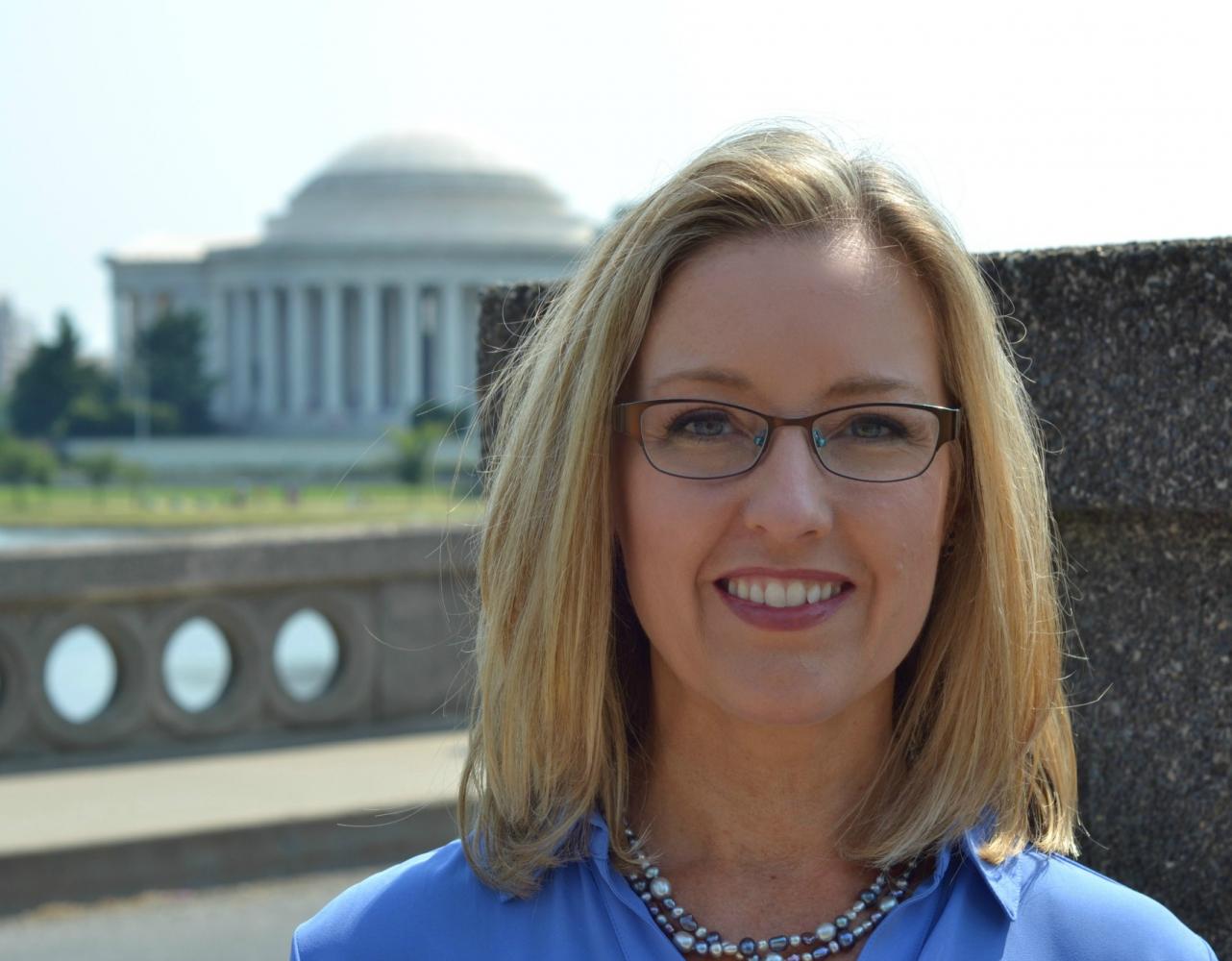It’s Sunshine Week, and we are celebrating the importance of access to government information by embarking on a new project that will show citizens how to more effectively watch over their government. We would like to invite you to participate with us.
The project, Truth in the Field, is a series of columns that explain how journalists, citizens, academics, and activists have accessed and used government information. Your experiences can help others learn more about what is available to them.
The name comes from a favorite passage from John Milton’s Areopgitica in which he brings to life the struggle of truth trying to prevail over falsity. He said, "Though all the winds of doctrine were let loose to play upon the earth, so Truth be in the field, we do injuriously by licensing and prohibiting to misdoubt her strength. Let her and Falsehood grapple, who ever knew Truth put to the worse in a free and open encounter?"
We are watching that struggle daily, even hourly, in a grand way on the national stage, but that same struggle has been occurring regularly for many years in smaller fields – in town clerks’ offices, in county commission meetings, in police departments.
Citizens who are trying to get the truth about what their government is doing, or who just want to understand more about those who represent them, go to the source for the truth: public records and open meetings, but getting access to the information doesn’t always go smoothly. Or maybe the law says too much is not available, and it needs to be changed. These laws are for you, for all of us, and we want to make it easier to get what you need.
It won’t always be easy. I left newspaper reporting to research open government laws about 20 years ago. I had been struggling with local government that had a steely grip on records, and a sometimes frustrating interpretation of notice for open meetings. I wanted show the difficulties people like me were having through academic investigation. I thought I’d be able to shine the light on the problems, get them repaired, and research myself out of a job. Unfortunately, I’m still in business.
As are many of us who will come together here to share our stories. We are advocates, we are requesters, we are access professionals who work behind the counters and decide who gets records, and we will all share our perspectives on why the public needs access to information and the most effective ways to get it. You are invited to join us as a reader or as a writer (or, ideally, both.)
To write, send your ideas, columns or questions to Kimball@gwu.edu. Here are a few possibilities to get you started:
• To those who access government information: Tell us about a specific access circumstance. We want to know what you found, how it worked, advice to help others. How did you get what you needed so that we can help others do the same?
• To those who work in access: Because you work on the front lines, we want to hear from you. How can requesters do better? What records or meetings do you think are especially helpful for citizens? You are the expert, and we want to hear your voice.
• To those who advocate: Why do you fight for access? How do you do it? Why is it important to you? Why should it be important to all of us?
And if we’re missing your perspective, please share it. We are all better when we combine our expertise and information, and we need to do that now more than ever. It’s up to all of us to pitch in. Join us in making our citizenry stronger and in helping truth prevail.
Pictured above: Shelley Kimball, Ph.D., is a professorial lecturer of media law at The George Washington University in Washington, D.C. and the University of Florida. She studies the interaction between records requester and access professional and finds ways to make it less adversarial. She is the editor of this column, and she accepts submissions at Kimball@gwu.edu.
